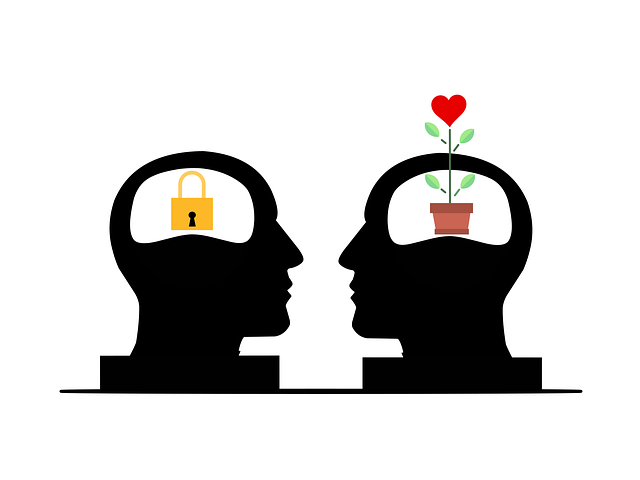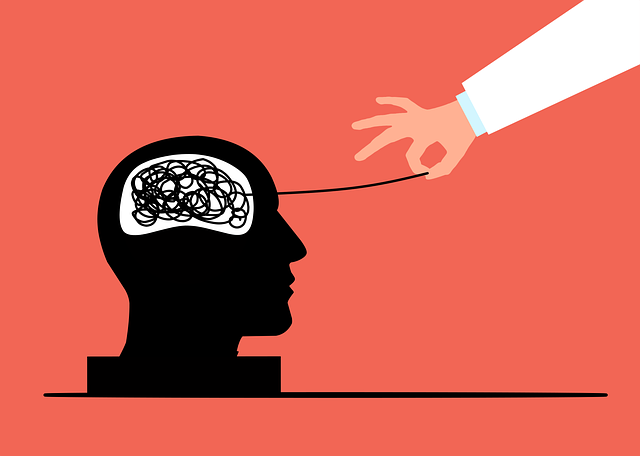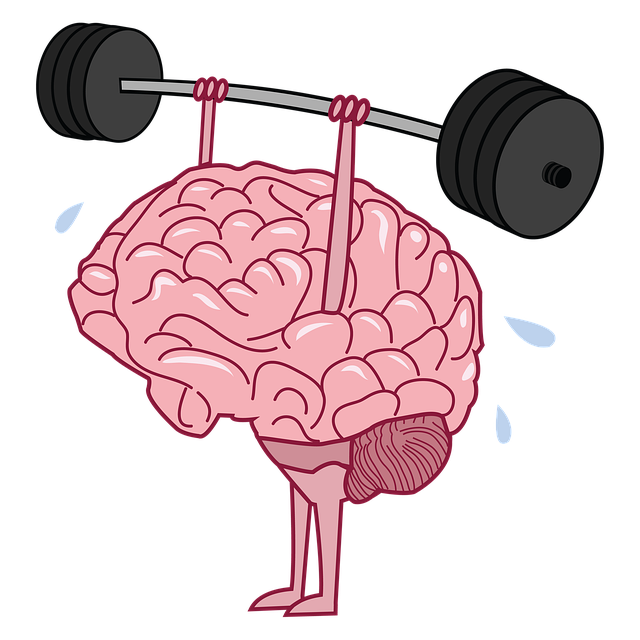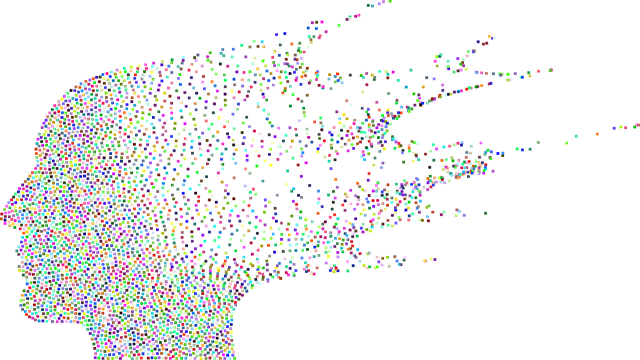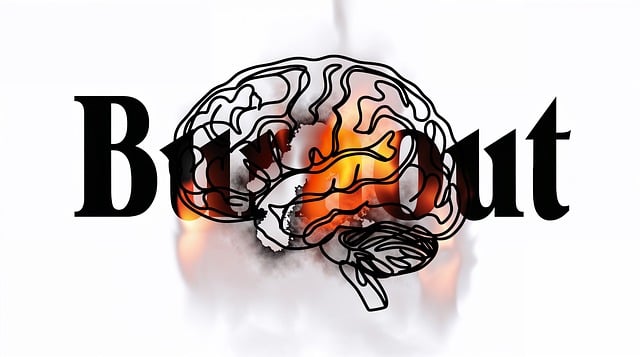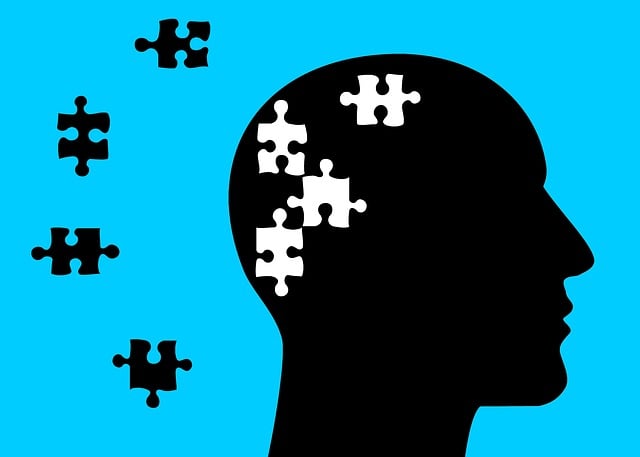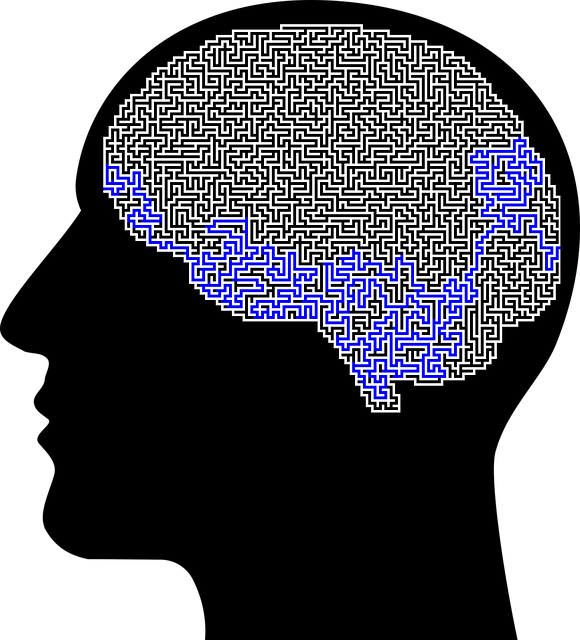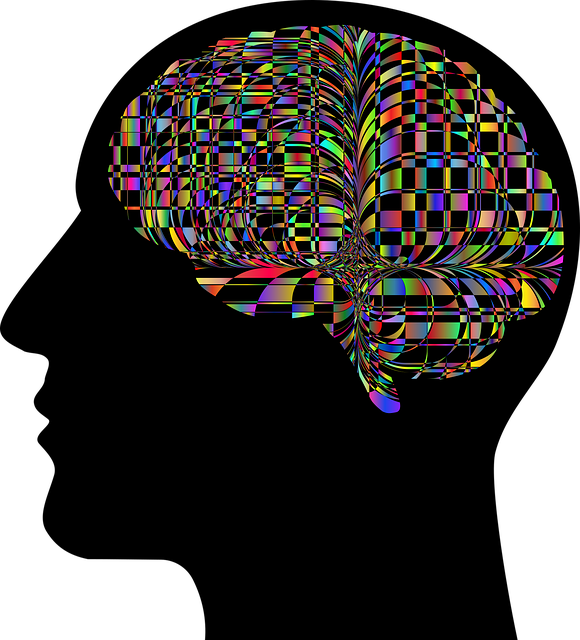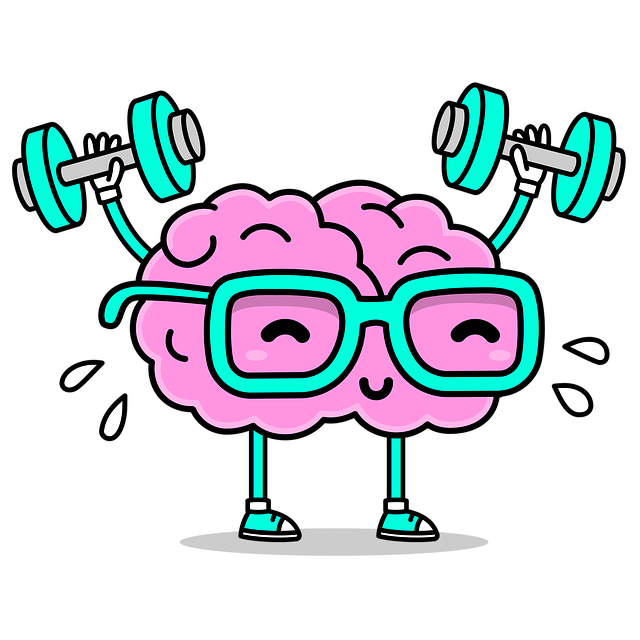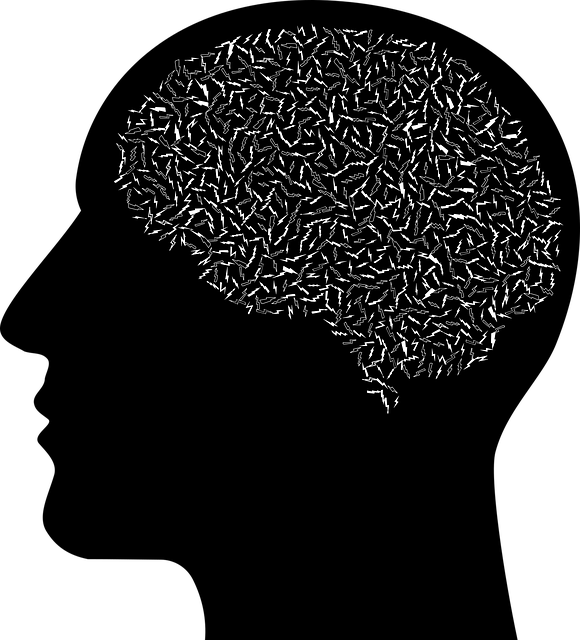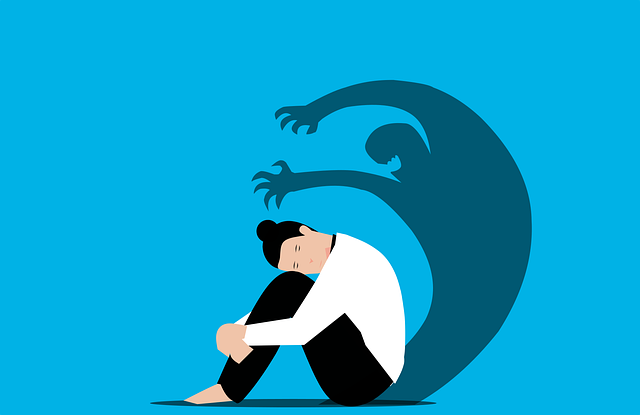Greenwood Village Gambling Therapy leverages self-assessment tools to empower individuals in managing their mental wellness. These tools utilize questionnaires and metrics to evaluate stress, mood, anxiety, and coping mechanisms, fostering self-awareness and enabling proactive mental health management. By collaborating with researchers and industry leaders, Greenwood Village offers comprehensive therapy programs tailored to individual needs, addressing gambling-related issues and promoting holistic emotional well-being. Effective self-assessment tools should be user-friendly, validated psychologically, and integrated into initiatives like community outreach and mental health policy advocacy. Implementing these tools at Greenwood Village involves strategic planning, data security, user education, regular updates, and comprehensive evaluations to enhance mental health outcomes.
Mental wellness self-assessment tools play a pivotal role in empowering individuals to take charge of their mental health. This article explores the development of such tools, with a special focus on the contributions of Greenwood Village Gambling Therapy. We’ll delve into the key components that make an effective self-assessment, implementation strategies for integration into various settings, and evaluation methods to ensure accuracy and relevance. By understanding these aspects, we can enhance mental health support through innovative tools.
- Understanding Mental Wellness Self-Assessment Tools
- The Role of Greenwood Village Gambling Therapy in Development
- Key Components for Effective Self-Assessment Tools
- Implementation and Evaluation Strategies
Understanding Mental Wellness Self-Assessment Tools

Mental Wellness Self-Assessment Tools play a pivotal role in understanding and tracking an individual’s emotional well-being. These tools are designed to help people assess their current mental state, identify potential issues, and gain insights into areas that may need improvement or support. At Greenwood Village Gambling Therapy, we recognize the importance of these assessments in promoting mindfulness meditation and emotional well-being promotion techniques.
By utilizing self-assessment tools, individuals can proactively manage their mental wellness. These tools often include questionnaires, surveys, and metrics that evaluate various aspects such as stress levels, mood, anxiety, and coping mechanisms. They provide a structured framework to guide users through introspective exercises, encouraging them to reflect on their thoughts, feelings, and behaviors. This self-awareness is crucial in identifying personal challenges and making informed decisions about seeking appropriate support or adopting healthy habits for better mental health.
The Role of Greenwood Village Gambling Therapy in Development

Greenwood Village Gambling Therapy plays a pivotal role in the development of mental wellness self-assessment tools. With its expertise in addressing gambling-related issues, this therapy centre offers valuable insights into the complex interplay between gaming behaviour and emotional well-being promotion techniques. By understanding the underlying factors contributing to problematic gambling, therapists can design more effective interventions and strategies for risk management planning among mental health professionals.
The approach at Greenwood Village extends beyond traditional therapy methods, encompassing comprehensive programmes that foster positive thinking and resilience. These initiatives are designed to empower individuals in navigating their mental health journeys proactively. Through collaboration with researchers and industry experts, the therapy centre continuously contributes to the evolution of best practices, ensuring that self-assessment tools remain relevant and aligned with emerging trends in mental wellness support.
Key Components for Effective Self-Assessment Tools

Effective self-assessment tools for mental wellness should incorporate several key components to ensure accuracy and usefulness. Firstly, they must be user-friendly, designed with a clear layout and simple language to facilitate easy navigation by individuals from diverse backgrounds, including those with limited digital literacy. Secondly, these tools need to cover a comprehensive range of mental health dimensions, such as emotional well-being, stress management, coping mechanisms, and substance use patterns. This holistic approach ensures that users gain an all-encompassing view of their mental state, akin to how Greenwood Village Gambling Therapy addresses multiple aspects of gambling-related issues.
Additionally, self-assessment tools should integrate validated psychological assessments to provide reliable and clinically relevant outcomes. Incorporating evidence-based questionnaires and scales increases the tools’ credibility and helps professionals interpret results accurately. This feature is particularly valuable in initiatives like Community Outreach Program Implementation and Mental Health Policy Analysis and Advocacy, where data-driven insights are crucial for designing targeted interventions and policies. Moreover, including sections on Trauma Support Services can be beneficial, as many individuals’ mental health assessments may uncover past traumatic experiences that require specialized attention.
Implementation and Evaluation Strategies

Implementing a self-assessment tool for mental wellness is a strategic step towards empowering individuals to take charge of their mental health. At Greenwood Village Gambling Therapy, we understand that effective assessment is just the beginning. A robust implementation strategy involves educating users on the tool’s functionality and significance, ensuring confidentiality and data security to foster trust, and providing clear instructions for self-assessment. Regular updates and revisions based on user feedback are essential to maintain the tool’s relevance and accuracy.
Evaluation of the self-assessment tool should be comprehensive, focusing on its impact on users’ mental wellness, improvement in coping skills development, and overall satisfaction with the process. The Risk Management Planning for Mental Health Professionals plays a crucial role in ensuring the tool aligns with industry standards and best practices. By integrating feedback and continuous improvement cycles, Greenwood Village Gambling Therapy aims to enhance the effectiveness of self-assessment, encouraging users on their journey towards better mental health.
Mental wellness self-assessment tools play a pivotal role in empowering individuals to take charge of their mental health. As highlighted by Greenwood Village Gambling Therapy, these tools are essential for early detection and intervention, especially in areas like gambling-related issues. By incorporating key components such as comprehensive questionnaires and validated scales, self-assessment tools can provide valuable insights into an individual’s psychological state. Effective implementation and evaluation strategies, including user feedback loops, ensure that these tools remain accurate and relevant. Through continuous development inspired by evidence-based practices, such as those offered by Greenwood Village Gambling Therapy, self-assessment tools can help bridge the gap between professional diagnosis and personal wellness management.


